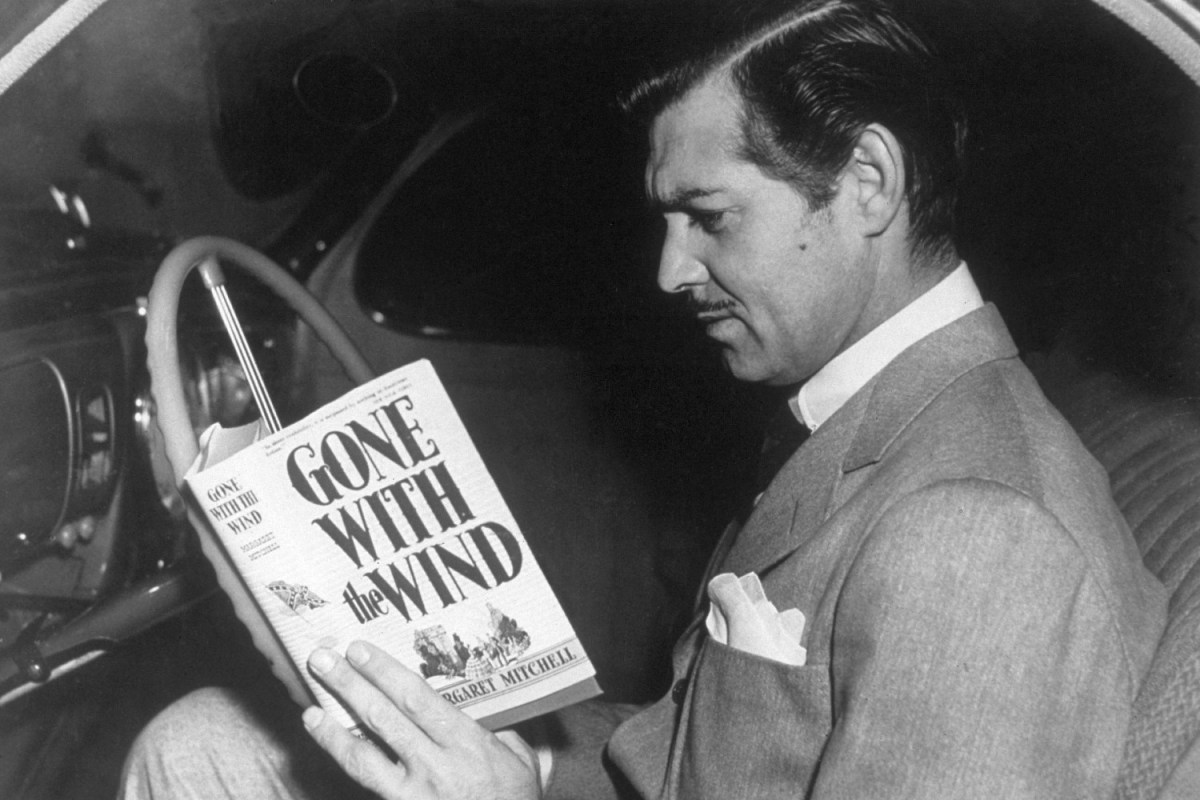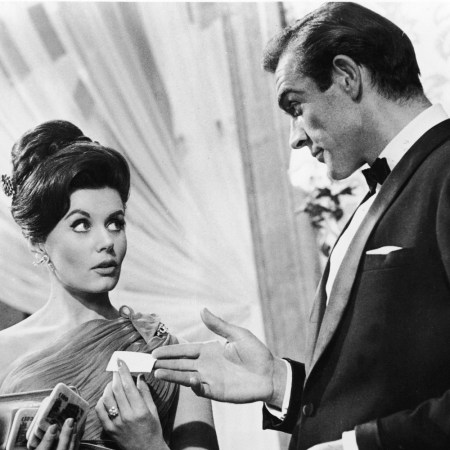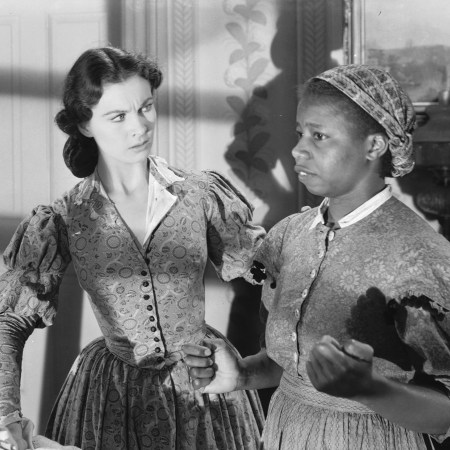If you’ve been keeping an eye on the publishing industry lately, you might find yourself wondering if the hot new trend in books is posthumously rewriting the works of acclaimed writers. That’s been the case for some of Roald Dahl’s books for young readers, as well as Ian Fleming’s tales of spycraft and an agent named James Bond. Some posthumous changes have been fairly minor; others — like those in Dahl — have been less so.
It’s enough to leave many readers wondering how publishers might handle new editions of other books whose handling of race, gender or other similar subjects hasn’t aged well. In the case of one well-known (and famously adapted) novel, the answer seems to be about context rather than textual changes.
Literary Hub has news regarding a new edition of Margaret Mitchell’s Gone With the Wind slated to be released by Pan Macmillan in the U.K. None of Mitchell’s original text from 1936 will be changed for this edition. Instead, the book will feature an editorial disclaimer addressing certain aspects of the novel — including its treatment of race. “The novel includes the representation of unacceptable practices, racist and stereotypical depictions and troubling themes, characterisation, language and imagery,” the introduction states.
Is the “Game of Thrones” Guys’ H.P. Lovecraft Movie Flawed From the Start?
Centering a story about the famed and controversial writer makes things trickyAccording to The Telegraph‘s reporting on the new edition, it will also contain an introduction by Philippa Gregory addressing racism in the book.
If a publisher is going to revisit an earlier text with an eye towards addressing historical racism or sexism, this seems to be a better way of going about it than outright editing the text. Plenty of introductions to reissued books contain a discussion of those books’ more problematic aspects — and this doesn’t seem too far removed from that practice. And it allows readers to deal with the original text, for all its issues, and reckon with it on their own.
Thanks for reading InsideHook. Sign up for our daily newsletter and be in the know.


















